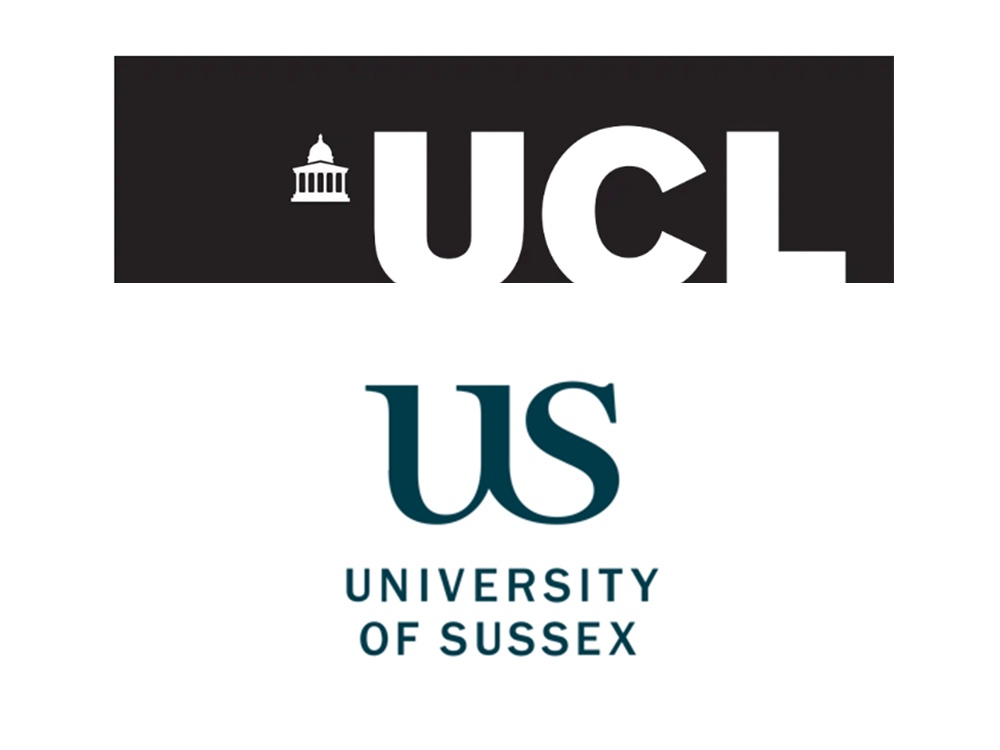What is this study about?
Involvement of the brain in mitochondrial disease is common. Consequences of brain involvement can often include psychological difficulties such as mood symptoms including instability of mood, depression, agitation, anxiety or cognitive symptoms. These symptoms are not very well understood in mitochondrial disease but can be greatly disabling and distressing for those who are affected. The aim of our research project is to understand how the involvement of mitochondria in the brain contributes to psychological symptoms of mitochondrial disease. We will use brain MRI scans to accurately measure energy processes in the brain, and we will also assess psychiatric symptoms using questionnaires and diagnostic interviews. We hope that the information we get from this study will guide us to better design future clinical trials of novel treatment for these disabling symptoms and to restore mitochondrial function in the brain.
Where will the study take place and who is responsible?
The study takes place in Brighton and is led by Dr Alessandro Colasanti, Senior Lecturer and Consultant Psychiatrist, and Amy Kartar from the Brighton and Sussex Medical School. Participants will be asked to visit the Clinical Imaging Sciences Centre, located on Falmer Campus of the University of Sussex near Brighton. It is approximately 1 hour from London by train. This study is a collaboration with the Centre for Neuromuscular Disease at UCL, but is taking part in Brighton.
Who can take part?
Any adult with a confirmed or suspected mitochondrial disease, who is able to visit Brighton and have an MRI scan, can take part in this study. We will ask questions about eligibility for MRI scans in a pre-screening phone call.
What is involved in taking part?
This study involves you visiting the University of Sussex for a conversation with Dr Alessandro, a series of questionnaires and a 1-hour brain scan. Participants will also be asked to complete a series of brief questionnaires for 6 weeks after the scan.
Are there any risks?
There are no direct risks to you taking part. Some people might find that answering questions about their mental health and mood is distressing. The MRI scanner is a narrow space and can be noisy. For some people it might feel claustrophobic.
Are there any benefits to taking part?
There are no direct benefits to you in terms of taking part, but you might find it beneficial to discuss the mental health symptoms that you or other people with mitochondrial disease might experience. In some cases, the conversation with the psychiatrist can give useful information about your mental health. You will also be financially compensated for your time, and all travel costs will be reimbursed.
How do I find out more?
To find out more about the study, please contact Amy [email protected] or Dr Alessandro Colasanti [email protected].
To hear more about this project, you can also read Dr Colasanti’s interview with The Lily Foundation.

